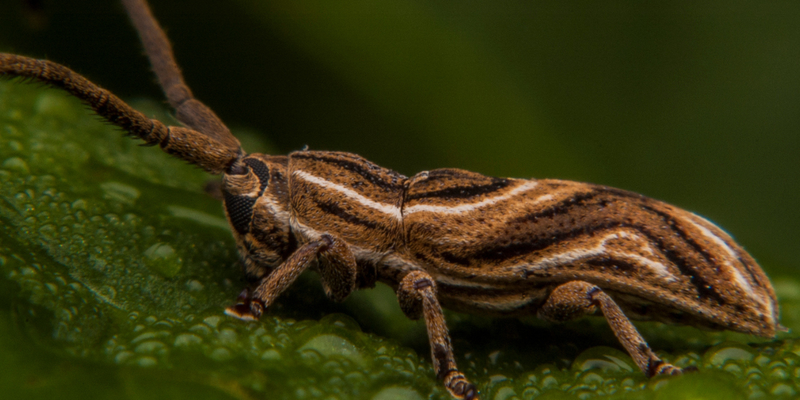News
Dominican Republic joins the GBIF network
Published 7/2/2025
The island nation becomes the 16th participant in the Latin America and the Caribbean region to join GBIF
The Dominican Republic joins GBIF as an Associate Participant, emphasizing its commitment to sustainable development and biodiversity conservation. Following the signing of the Memorandum of Understanding by the Ministry of Environment and Natural Resources, the Dominican Republic takes a seat on the GBIF Governing Board, strengthening open biodiversity data sharing in the Caribbean alongside regional neighbours Guatemala, Costa Rica and Panama.
"We are very pleased to join the GBIF network as we were looking for an effective way to consolidate biodiversity data generated by the various departments of our ministry into a single, open access point," said Marina Hernández, Director of Biodiversity at the Ministry of Environment and Natural Resources. "This participation also reflects our commitment to support national institutions that work with biodiversity data and biological collections, promoting their digitization and open sharing and will strengthen our capacities to better support informed decision-making at all levels."
Located on the island of Hispaniola, which is shared with Haiti, Dominican Republic is situated within the Caribbean Sea in the North Atlantic Ocean. It's home to diverse landscapes including the tallest mountain, Pico Duarte, and lowest elevation and largest lake, Lago Enriquillo within the Caribbean region. Nearly half a million occurrence records from 986 datasets are currently available for the Dominican Republic (excluding eBird data). The largest data publisher from the Dominican Republic—Instituto de Investigaciones Botánicas y Zoológicas - Prof. Rafael M. Moscoso, Universidad Autónoma de Santo Domingo—has mobilized more than 7,500 occurrence records to date. These records support a wide range of scientific research including threatened species assessments, invasive species management and climate change mitigation.
The decision to join GBIF follows earlier involvement in the European Union-funded Biodiversity Information for Development (BID) programme, with the Dominican Republic leading three projects supported by more than €86,000 in funding. So far these projects have delivered 19 datasets mobilizing natural history collection data to GBIF and a dataset of more than 1,600 records of marine macroalgae species from the region.
